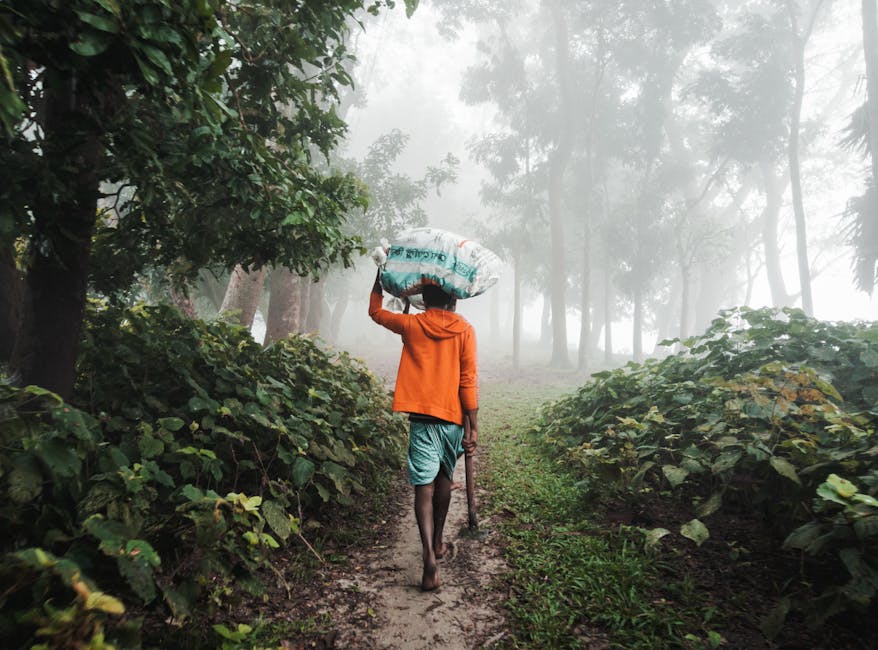Afghans Awaited U.S. Resettlement: Pakistan Sent Them Back to the Taliban
In a shocking development, thousands of Afghan refugees who sought safety in Pakistan while awaiting U.S. resettlement have been forcibly returned to Taliban-controlled Afghanistan. This move by the Pakistani government has drawn condemnation from human rights groups and raised grave concerns about the safety of these vulnerable individuals.
The refugees, many of whom worked with U.S. forces or allied organizations during the 20-year war in Afghanistan, fled their homeland after the Taliban’s takeover in August 2021. They hoped to escape persecution by seeking refuge in Pakistan, where they awaited processing for U.S. resettlement programs. However, Pakistan’s crackdown on undocumented migrants has forced them back to a country where their lives are in danger.
Pakistan’s Crackdown on Afghan Refugees
Pakistan’s decision to deport undocumented Afghans is part of a broader campaign to address economic and security challenges. The government has cited illegal immigration, crime, and terrorism as reasons for the mass deportations. In October 2023, Pakistani authorities announced a deadline for undocumented migrants to leave voluntarily or face expulsion.
This policy has disproportionately affected Afghan refugees, many of whom lack proper documentation due to the chaotic circumstances of their escape. Over 1.7 million Afghans are living in Pakistan without legal status, including journalists, activists, former government employees, and those who worked with U.S. and NATO forces—groups particularly vulnerable to Taliban retribution.
Broken Promises: U.S. Resettlement Delays
The U.S. government had pledged to resettle Afghan allies through programs like the Special Immigrant Visa (SIV) and Priority 2 (P-2) refugee program. However, bureaucratic delays and logistical challenges have left thousands of applicants stranded. Many Afghans in Pakistan had been waiting months, if not years, for their cases to be processed.
Human rights advocates argue that Pakistan’s deportations have undermined these efforts. “These individuals risked their lives to support the U.S. mission in Afghanistan,” said Sarah Lee of the International Rescue Committee. “Forcing them back to Taliban-controlled territory is a betrayal of the promises made to them.”
Life Under the Taliban: A Grim Reality
For those sent back to Afghanistan, the future is bleak. The Taliban regime has been accused of widespread human rights abuses, including arbitrary detentions, torture, and extrajudicial killings. Women and girls face severe restrictions, while ethnic and religious minorities live in constant fear.
Many returnees fear their past associations with the U.S. or the former Afghan government will make them targets. “I worked as an interpreter for the U.S. military for five years,” said Ahmad, a 32-year-old father of three deported from Pakistan. “The Taliban knows who I am. If they find me, they will kill me.”
International Response: Calls for Action
The international community has condemned Pakistan’s actions, urging measures to protect Afghan refugees. The UNHCR has called for a halt to deportations and temporary protection for those at risk. Meanwhile, the U.S. government faces criticism for its slow resettlement process, leaving many Afghans in jeopardy.
As the crisis unfolds, the plight of Afghan refugees highlights the human cost of geopolitical decisions. For those who once hoped for a better future, the road ahead is filled with uncertainty and danger.
Will the international community fulfill its promises—or leave these individuals to face the Taliban’s wrath alone?




